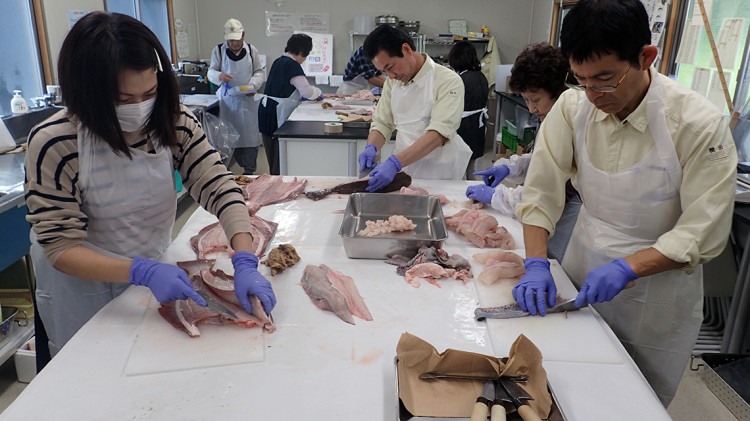International Atomic Energy Agency (IAEA) experts will visit Japan this month to collect seawater, marine sediment and fish samples from coastal waters in Fukushima Prefecture. The 16-26 October mission aims to support the quality assurance of radioactivity data collection and analysis by the Japanese laboratories involved in the project.
It will be the seventh IAEA visit since 2014 to collect marine samples from around TEPCO’s Fukushima Daiichi Nuclear Power Station (NPS) for inter-laboratory comparisons of radioactivity analyses. Previous missions also gathered seawater, marine sediment and fish samples.
The team will include two staff from the IAEA Environment Laboratories in Monaco. In addition to collecting seawater and marine sediment near Fukushima Daiichi NPS, the team will again collect samples caught by fishermen in Fukushima Prefecture to broaden the scope of the data reliability and comparability assessment.
The visit is a follow-up activity to recommendations made on marine monitoring in a 2013 report by the IAEA International Peer Review Mission on Mid- and Long-Term Roadmap towards the Decommissioning of TEPCO's Fukushima Daiichi Nuclear Power Station Units 1-4, which reviewed Japan's efforts to plan and implement the decommissioning of the plant.
In July 2017 the IAEA released a report which reviewed the six inter-laboratory comparisons and sampling missions conducted from 2014 to 2016. It concluded that they have shown that Japan's seawater, fish and marine sediment collection procedures follow the appropriate methodological standards required to obtain representative samples, and that the results reported by the laboratories involved in marine monitoring are reliable.


